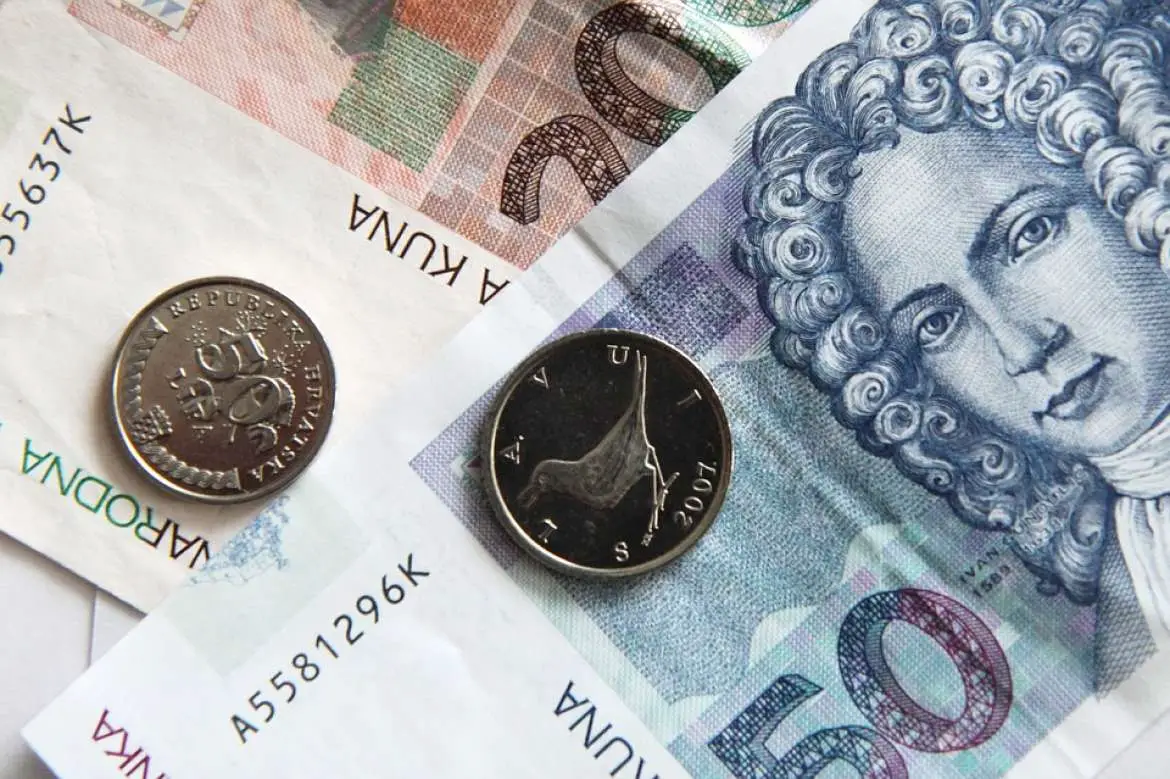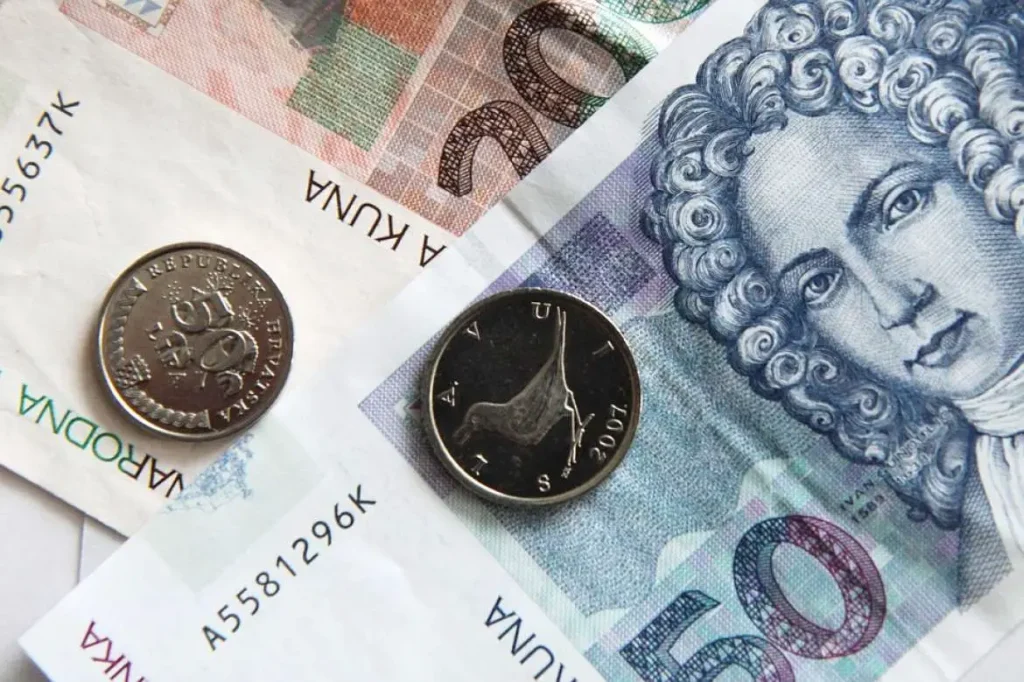
There will be no new economic closures because the domestic economy couldn’t survive another ‘lockdown’, and funds and positive expectations that will not reduce consumption could play a key role in getting out of the crisis faster, these were some of the key messages expressed by Croatian exporters at a recent convention held in Zagreb.
As Poslovni Dnevnik/Ana Blaskovic writes on the 12th of September, 2020, half a year after the outbreak of the coronavirus pandemic, Croatian exporters, policy makers and experts are becoming cautiously more optimistic about the future of the domestic economy, believing that the worst is over and that there will be no new economic closures, and that stronger growth rates await us in 2021.
the impact of the coronavirus crisis was a topic of discussion at the 15th Convention of Croatian Exporters in Zagreb. Initially pessimistic about the scale of the coronavirus crisis, Marijana Ivanov, a professor at the Faculty of Economics in Zagreb, is more optimistic today.
”I don’t think we’ll return to pre-coronavirus levels quickly and easily even though I’m not as pessimistic as before. The pandemic will leave profound effects globally. I believe that recovery will take the form of the letter K: some activities will recover faster, and others will be followed by a decline,” said Professor Ivanov. She added that it is fortunate that the decline in exports of goods wasn’t that strong, but she warned that, like everything else, the figures should be taken with a grain of salt, noting that the recovery in August no longer has the same dynamics as before, and we’re now entering an uncertain autumn. She believes that the economy cannot survive another ‘lockdown’ and that consideration should be given to redefining self-isolation measures, the costs of which are borne by people and businesses who are already all experiencing lower incomes for the most part.
Let’s unburden the economy
The first spring wave of the coronavirus was successfully thwarted at Solin’s AD Plastika, a company that was awarded the Golden Key for the best large exporter back in a much more stable 2019.
The company, which employs 3,000 people and generates about a billion kuna in annual revenue, is working at full capacity again after the lockdown, fulfilling its obligations, and speaking about the future, the company’s leader Marinko Dosen pointed out that there are no plans for possible cuts. He bases his optimism on the fact that everything they do is in line with deadlines and contracts. When asked what they need from the state as a company, Dosen didn’t hesitate too much: “We need to work on the burden placed upon us. Today we have a negative spiral of an expensive state and a small base that fills the budget. The state has reacted fantastically this year, selective measures are still needed for help,” he stated.
The President of Croatian Exporters, Darinko Bago, praised the government’s measures for preserving jobs, assessing them as timely and well-designed, and gave an excellent assessment of the central bank’s measures for preserving financial stability.
”I’m optimistic about the pandemic, we’ll dance with the epidemic like a bear until the vaccine comes, then it will become our past, but it’s important that people who make investment decisions are aware of the “fragility” of the situation and will work on things so such incidents no longer affect the world,” said Bago. He sees a role in getting out of the crisis faster in venture capital funds, which are lacking in Croatia because banks are afraid of losses in uncertain circumstances. ”We have to develop funds if we want to be a country that wants to get out of this crisis, there are pension funds that have to act in this situation,” Bago noted, highlighting an example of the importance of institutional investors in the US.
Speaking of expectations, central bank governor Boris Vujcic said he is neither pessimistic nor optimistic. “I’m a realist. I think what I state based on the numbers is the best possible assessment of the real situation. Lately they have started calling me an optimist, probably because the atmosphere has been created to lead people to believe that things will be much worse, but I don’t believe that. We see a strong recovery in industrial production and construction, with a sharp decline in services, but that decline is smaller than we expected in the spring,” said Governor Vujcic, expecting 6 percent GDP growth next year, reaching the level of economic activity in 2015 after that.
Optimism, but also caution…
The Croatian National Bank’s main man also attended the 15th Convention of Croatian Exporters and pointed out that banks in the current crisis (unlike the one which struck back in 2009) aren’t the cause of the problem but are instead part of the solution, emphasising with satisfaction their good capitalisation and liquidity.
“Banks have secured moratoriums in line with the regulatory changes we’ve made possible, but they can’t be asked to lend if they estimate they won’t be able to collect the loan,” Vujcic warned.
”There are countless examples in the world where negative forecasting has perpetuated negative activities. We also had “geniuses” here who said that everything is awful and that 400,000 unemployed people are waiting for us this autumn. Things should be positive, but realistically positive about the future, although there must be objective criticism. We have 22 billion euros at our disposal from the EU in the next seven years, we must see it from that perspective,” stressed the Minister of Economy and Sustainable Development Tomislav Coric.
“In the coming period, Croatia needs to take a somewhat more liberal view of production by banks. With the support of institutions such as HBOR and HAMAG-BICRO, we can increase the capacity and increase the competitiveness of Croatian companies,” added Coric Such thinking is shared by his colleague from the Faculty of Economics, who is also a political opponent, SDP economic strategist Josip Tica.
”The key thing is to enable the formation of expectations. “If people’s expected income decreases, then they reduce their consumption, and that shock moves through the entire economy through the postponement of consumption and investment, which reduces GDP,” explained Tica.
In the conditions of record high liquidity in banks, he believes that what is missing for the successful transfer of money into the real economy are partial guarantee schemes.
For the latest travel info, bookmark our main travel info article, which is updated daily.
Read the Croatian Travel Update in your language – now available in 24 languages
Join the Total Croatia Travel INFO Viber community.








